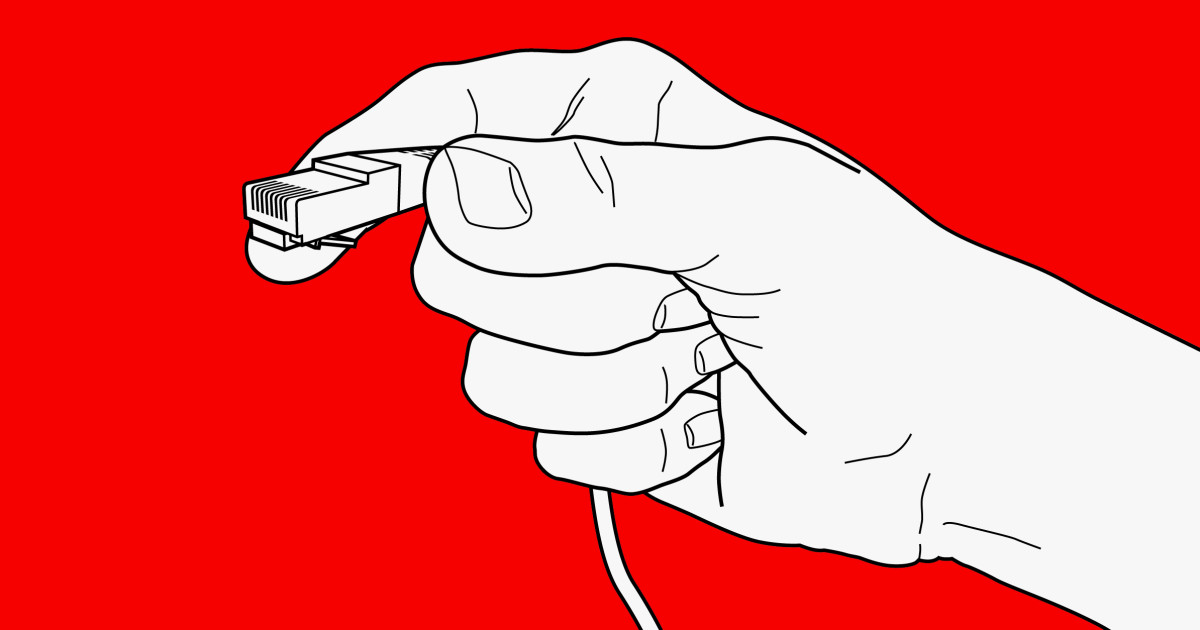
There is a misconception that the Internet of Things requires a huge amount of bandwidth to the customer, and this panel continued to propagate that myth. 4K TV and telesurgery are not IoT applications. Most “things” connected to the network are sensors that require a small amount of bandwidth. Even aggregated, only a couple of Mbit/s of bandwidth is required even for video sensors. EBP mentions their SCADA network that consist of several sensors providing periodic small quantities of data in realtime. What is more vital to the IoT is latency and security more than broadband. Many IoT applications like SCADAs need extremely low latency in order to be effective. All applications require a focus on security. Many of the devices connected to the network will be inexpensive consumer devices made by several manufacturers. It is doubtful whether these manufacturers will have the expertise to implement adequate protection and encryption. The recent discovery of the vulnerability in the Ring doorbell is an example.
I can get by with a 56 Kbit/s modem for all of my IoT devices in my home if I exclude the video applications. Current network access technologies are sufficient to meet these needs. What is required for IoT are service classes different from best-effort to support the real time and near-real time applications. The fiber-based network is necessary to support the bandwidth and flexibility required over the long-term to support high bandwidth applications like multiple UHD video streams only my old colleague Kevin Morgan from ADTRAN properly addressed this need.
A panel of fiber broadband experts speaking at CES 2016 in Las Vegas this week said the Internet of Things (IoT) will not only benefit from fiber-optic broadband, it will require it. Continue reading







